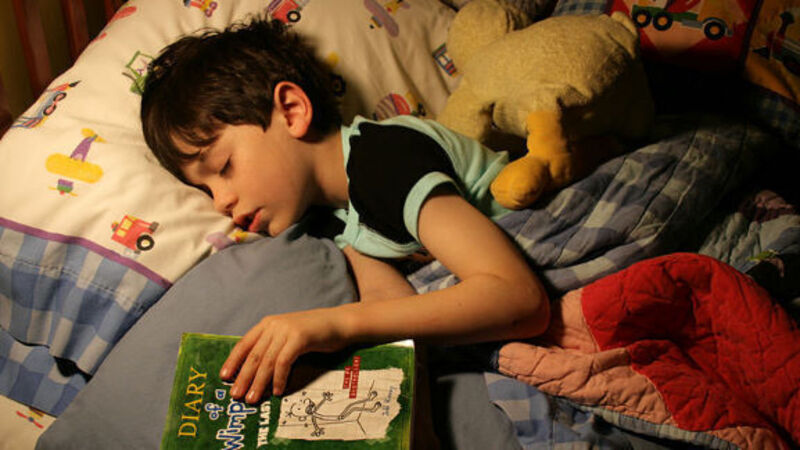Early bedtime for toddlers helps fight obesity

Putting children to bed early, not only staves off crankiness but it also prevents preschoolers becoming teens with unhealthy weights.
And the first study on the issue backs up on sleep times, and obesity backs up what Irish paediatric sleep expert Lucy Wolf, of the Sleep Clinic, sees on a daily basis.










